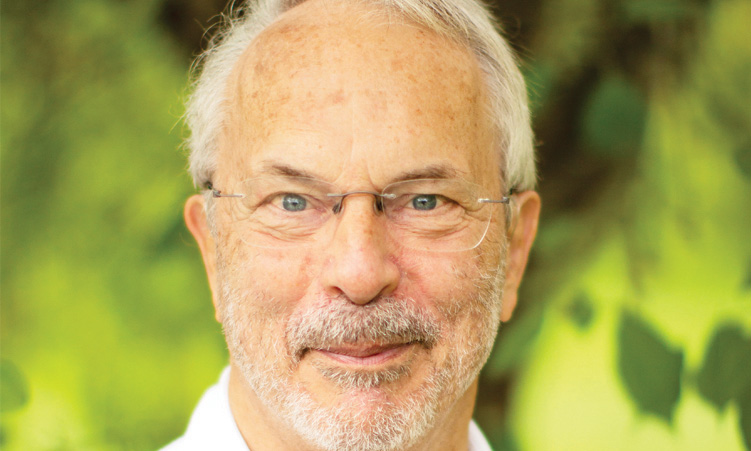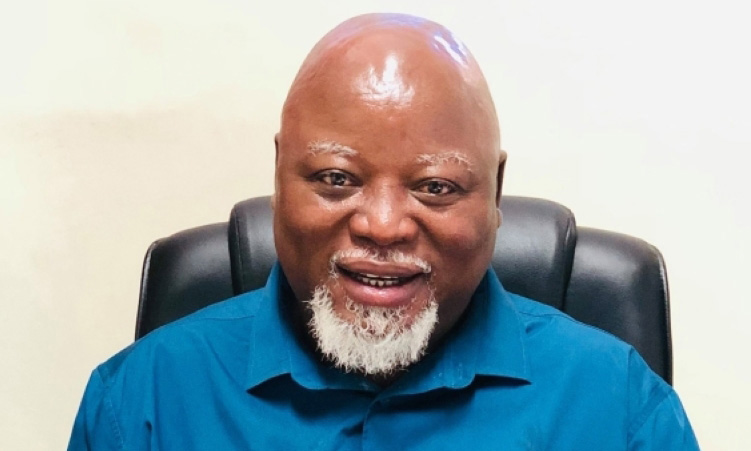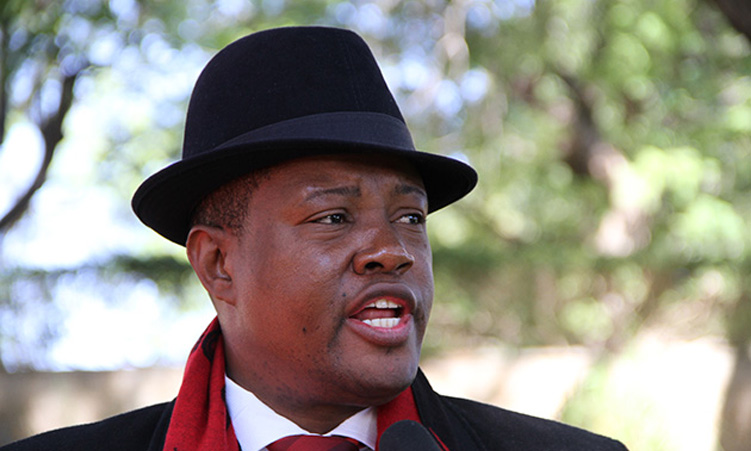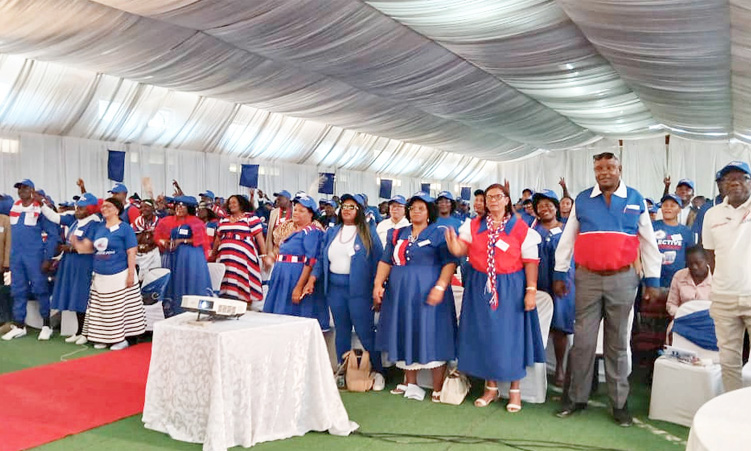… party manifesto pledges to deal with unemployment and housing shortages
The Popular Democratic Movement (PDM) launched its manifesto last week after a highly criticised elective congress.
The event saw the party’s top eight leaders retain their positions.
Some political analysts criticise the democratic principles the party followed in retaining these positions without injecting new blood into its hierarchy.
Among the leaders who retained their positions are party president McHenry Venaani, his deputy, Jennifer van den Heever, secretary general Manuel Ngaringombe, his deputy, Linus Thobias, national chairperson Diederick Vries and treasurer Nico Smit.
BIG COMMITMENTS

PDM’s 2024 manifesto promises to tackle unemployment, build housing for the poor and low-income earners, expand agriculture and secure a better future for all Namibians.
The current manifesto is, however, a repeat of most of the party’s promises made in 2019.
PDM at the time promised to deal with unemployment, to implement the one man-one farm policy to avert land challenges, as well as to improve the country’s standard of education and healthcare.
Venaani says the party is committed to holding the government accountable by tabling motions that improve the lives of Namibians.
“There is no party in this country that can claim it has done what we have done. No party could have ever done what we have done, because we have been doing our work from day one to now,” he says.
Venaani says the PDM is committed to implementing its manifesto, whether in a coalition government or on its own, to move the country forward.
“The goals outlined in our manifesto are clear, achievable and attainable. We have addressed a number of key areas,” he says.
‘AMBITIOUS GOAL’

Political analyst Ndumba Kamwanyah says the PDM’s 2024 manifesto sets ambitious goals.
“Given Namibia’s current economic challenges, such as slow growth, high unemployment and public debt, realising these goals will be difficult,” he says.
Kamwanyah says the agriculture sector’s 10% budget allocation could be attainable if the government prioritises agriculture as an economic driver.
He says achieving this would require significant policy shifts and the reallocation of resources, possibly at the expense of other sectors.
“Allocating 10% of the national budget to agriculture is a bold commitment, considering that agriculture is a key sector for employment and food security in Namibia,” he says.
Kamwanyah suggests that PDM would need to advocate for reallocations within the budget, potentially cutting spending in less impactful areas.
“This would also require substantial advocacy to build public and parliamentary support, as well as strategies to enhance the efficiency and transparency of agricultural spending to ensure funds are used effectively,” he says.
He says the party can hold the government accountable by regularly scrutinising the execution of the national budget and specific sectoral programmes.
“In health and housing, PDM should push for regular audits and use parliamentary motions and public forums to spotlight any discrepancies between government promises and actions,” Kamwanyah says.
He says the challenge lies in the party’s ability to drive these initiatives without substantial government support or control over key resources.
“Comparing the 2019 and 2024 manifestos, there are notable continuities, particularly in the emphasis on agriculture and housing.”
The 2024 manifesto has a stronger focus on sustainability and climate resilience, which reflects an adaptation to current global and local concerns, he says.
“If these shifts are effectively communicated and followed through, they could enhance PDM’s credibility.”
Kamwanyah said any perceived lack of progress on the promises made in 2019 could weaken PDM’s standing.
“PDM has tabled several motions, but the effectiveness of these efforts is often hindered by their limited influence in a parliament dominated by the ruling party,” he says.
Kamwanyah says the party has shown some influence in local authorities like Opuwo and Gobabis.
“This is particularly in service delivery improvements and advocating local development projects. However, their impact is often constrained by limited resources and the overarching authority of the central government,” he says.
‘UNREALISTIC WISHES’

Political analyst Henning Melber says PDM’s promises seem more like unrealistic wishes than practical plans.
He says its goals are only achievable if it were in government with decision-making power.
“Interestingly, hardly ever a party would elaborate in more detail what its role as opposition would be and what the main themes of engagement would be,” he says.
Melber says most parties are equal before the elections, with no chance to be voted into government, so this would be the more important part of a manifesto.
“Allocating 10% of the annual budget to agriculture would mean considerable cuts elsewhere. The question is where? Certainly not education, nor health, which both, along with debt repayment and security are the biggest budget items,” he says.
Where will the money come from in times of a serious drought, he asks.
The PDM will not be the next government, and possibly not even the next official opposition, Melber believes.
He says the manifesto will then end in the dustbin – as most do.
BEATING OWN DRUM
Venaani says PDM has a strong, undefeatable record, with the opposition controlling the National Assembly’s agenda more than the government.
He says the party’s health portfolio has been putting the government on the spot.
“We brought the idea that the middlemen in the health sector must come to an end when it comes to the procurement of medicine,” he says.
“We have reached an agreement after fiercely fighting with the government, including blocking the condom standards and other issues in the country,” Venaani says.
“Today, we are seeing dialysis centres in the country because of Winnie Moongo and the role she played in the health portfolio as shadow health minister,” he says.
Venaani says the party has tabled motions in the parliament, including one to establish a sex offenders register.
“If you look at the current reforms that are there, not quite significant, but they can be attributed to our contribution,” he says.
“At Tsintsabis, 40 people have left PDM to join Swapo, because the PDM did not give them water, and yet the PDM is not the government. So, in terms of agriculture, we have done a lot of work,” he says.
Venaani says he has visited all the government’s green schemes in the past five years, which has led to the government starting to reform and refinance them.
“Of course our manifesto was not fully implemented, and no party in opposition could ever implement its manifesto. The PDM has played a marvellous role in really raising the issues in our previous manifesto,” he says.
Stay informed with The Namibian – your source for credible journalism. Get in-depth reporting and opinions for
only N$85 a month. Invest in journalism, invest in democracy –
Subscribe Now!









